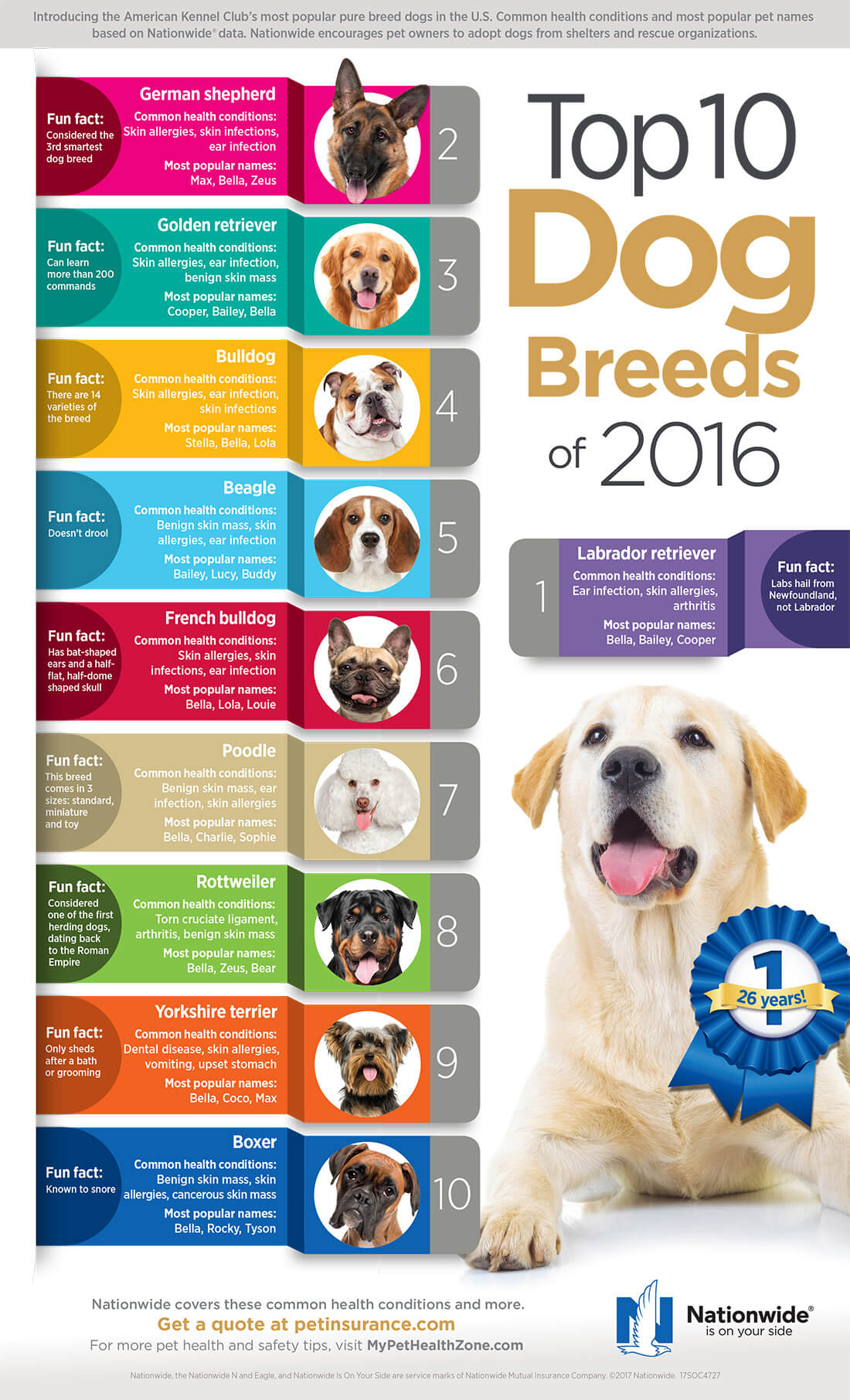Is It Bad To Send Dog To Daycare Daily
Can Canine Day Care Reason Health Problem?Canines in daycare receive great deals of workout, socialization with other pets and special experiences. This can be especially useful for puppies and pet dogs with behavioral issues.
There are a number of lawful factors to consider you require to consider when beginning a dog childcare business. These include the structure of your company and conformity with federal government guidelines.
1. Pooch Distemper
Canine distemper is spread out via straight contact with the physical liquids and waste of a contaminated pet, but it can also be transferred through shared water and food bowls or with air-borne beads. This very transmittable ailment is most unsafe for pups, yet it can influence pets of any kind of age and is deadly for a lot of if left unattended.
First signs and symptoms of canine distemper usually imitate a cold, including drippy eyes and nose with watery or pus-like discharge. As the illness progresses, a canine will develop fever, coughing, lowered cravings, throwing up and looseness of the bowels. The infection can likewise assault the nerve system, leading to seizures, twitching and partial or complete paralysis.
Reliable daycares reduce exposure to infection by requiring vaccinations, routine health examinations and follow rigorous health methods. If your dog appears excessively exhausted or limping, a day of rest may aid him recuperate, however you ought to avoid taking him back to daycare until these signs and symptoms clear.
2. Kennel Coughing
Kennel coughing, likewise referred to as contagious canine tracheobronchitis or Bordetella, is a highly contagious viral or bacterial condition that impacts the respiratory system. It's generally moved with the exchange of saliva or air beads that an ill dog exhales. Social pets go to higher risk for infection due to their constant communication with one another, such as when they play, share food or water, sniff one another or merely satisfy in a crowded environment like a pet park or daycare.
One of the most typical sign of kennel cough is a relentless and strong coughing that sounds like something embeded the throat or retching. Usually, pets will certainly spend frothy white phlegm. If left untreated, a pet can establish pneumonia and be at significant threat forever.
A respectable boarding training dogs near me daycare facility need to have stringent cleaning and hygiene procedures, sanitize all playthings, food and water bowls on a regular basis, and be open regarding their vaccination plans. Keeping your dog approximately date on their vaccinations, especially for bordetella and canine flu, will greatly lower their possibilities of getting the health problem.
3. Parvovirus
Canine parvovirus, or parvo, is a highly transmittable viral disease that can be harmful for young puppies and young adult pets with bad body immune systems. It's most frequently spread by straight contact with contaminated pet feces-- which can occur when dogs smell, lick, or taste contaminated feces-- and indirectly from contaminated individuals, things, or atmospheres (like kennels, brushing spaces and lawns). Young puppies and canines without full vaccination backgrounds are particularly at risk to parvo.
The virus is exceptionally resilient, enduring in the atmosphere for up to 9 years, and can easily be moved between pet dogs by contact with feces or on footwear, clothes, and bed linens polluted with parvovirus. If not treated quickly with IV fluids, electrolyte equilibrium, vomiting control drugs and antibiotics to stop secondary microbial infections, a dog will quickly dry out and develop serious diarrhea, which causes shock and blood poisoning. Parvo is challenging to heal once a pet dog has ended up being ill, yet with suitable vet care, numerous pups do survive this disease.
4. Pooch Influenza
Dog flu virus is extremely transmittable and spreads through direct call, sharing food and water bowls, licking or nuzzling other canines, via air-borne droplets, and with infected surfaces. Vaccination works in reducing the danger of infection and episodes.
Most impacted pet dogs create a mild breathing infection with a coughing that lasts 1-3 weeks. They might also have nasal and ocular discharge, sneezing, and sleepiness. Several of the most major instances cause pneumonia and a high fever.
If your dog displays any one of these signs and symptoms, do not bring them back to daycare up until they are healthy and balanced. If your pet is revealing signs of extreme exhaustion or hopping, speak with your veterinarian right away and ensure they get on healthiness supplements to help build their immunity. A vet will certainly evaluate your canine for signs of the influenza by taking an example from the nose or throat, and blood tests can be done to confirm.
